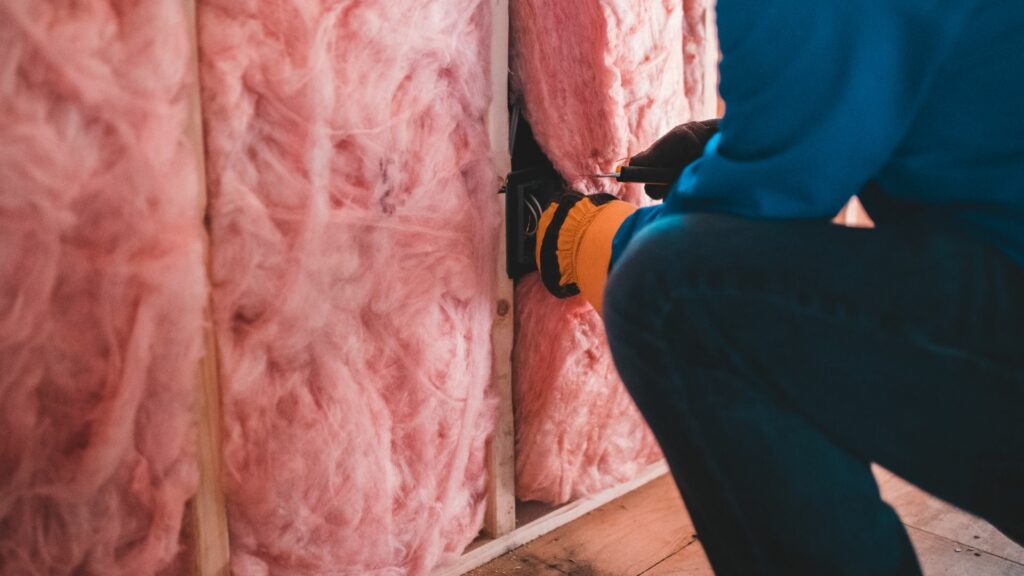Did you know that garages are the largest uninsulated part of your home? Did you also know that garages are also the least energy efficient part of your home because building standards are lower for them? If this comes as a shock and horror to you, then let us offer some hope. There are ways you can combat these problems. The best way you can increase the energy efficiency of your garage is by insulating the door.
Benefits of Garage Door Insulation
You might be wondering how important garage door insulation really is and how much of a difference it makes. Well, we’re here to tell you that insulation makes a big difference. This feature comes with many benefits, such as:
Lower Utility Bills
When warm air seeps into your garage and cold air escapes, it causes your HVAC system to work overtime to keep the temperature balanced. Over time, this results in higher utility bills. Insulation helps trap the cool air inside while keeping the warm air out. That means your HVAC system won’t have to double its efforts when controlling the temperature of your garage, thus saving you money.
Better Energy Efficiency
Are you someone with great environmental concerns? If so, you’ll definitely want to invest in garage door insulation. Insulation increases the energy efficiency of your garage, thus relieving excess strain on the environment.
Added Durability
An insulated garage door is more durable than an uninsulated one. It will hold up better under the elements and normal wear and tear. Insulated garage doors do not get dented or damaged easily. In the end, this extra strength will save you time and money because you won’t have to worry about as many repairs or maintenance issues.
Quieter Operation
Insulated garage doors are quieter than their uninsulated counterparts. This isn’t the most important reason to insulate your garage door, but it’s certainly an added perk. A noisy garage door open can disturb your peace significantly, especially if your bedroom is located right above your garage.

Types of Garage Door Insulation
We hope you’re starting to warm up to the idea of garage door insulation. The benefits are numerous, and the team at Garage Door Pros truly believes in the value of this feature. If you’re considering insulating your garage door, there are two main options you can choose from:
Rigid Foam Insulation
Rigid foam comes in sheets. You then cut these sheets into panels. Rigid foam insulation can be broken into further subcategories, namely, Expanded Polystyrene (EPS), Extruded Polystyrene (XPS), and Polyisocyanurate (ISO). EPS insulation has the lowest R-value (a concept we will explain later), whereas ISO insulation has the highest.
Spray Foam Insulation
Spray foam insulation comes in two types: open-cell and closed-cell. Open-cell insulation is affordable and easy to install, but it’s not resistant to moisture. That means it’s prone to mold and mildew. Open-cell insulation also has a relatively low R-value. Closed-cell spray foam insulation, on the other hand, is moisture resistant and has a high R-value.
R-Value Explained
Each type of insulation is assigned an R-value. That value tells you how effective a type of insulation is at keeping heat out or retaining it. Higher numbers mean better insulation and increased pricing. Lower numbers indicate poorer-quality insulation but cheaper costs. Because each region has varying insulation needs based on climate, R-values differ based on where you live in the U.S. You can find appropriate R-values on home improvement stores’ websites, like Home Depot’s.
Contact Garage Door Pros Today!
The team at Garage Door Pros is here to help you choose and install the right insulation for your home. We are passionate about what do, and we’re always eager to improve the lives of homeowners in Houston, Texas, and surrounding areas. Contact our trained technicians today!

